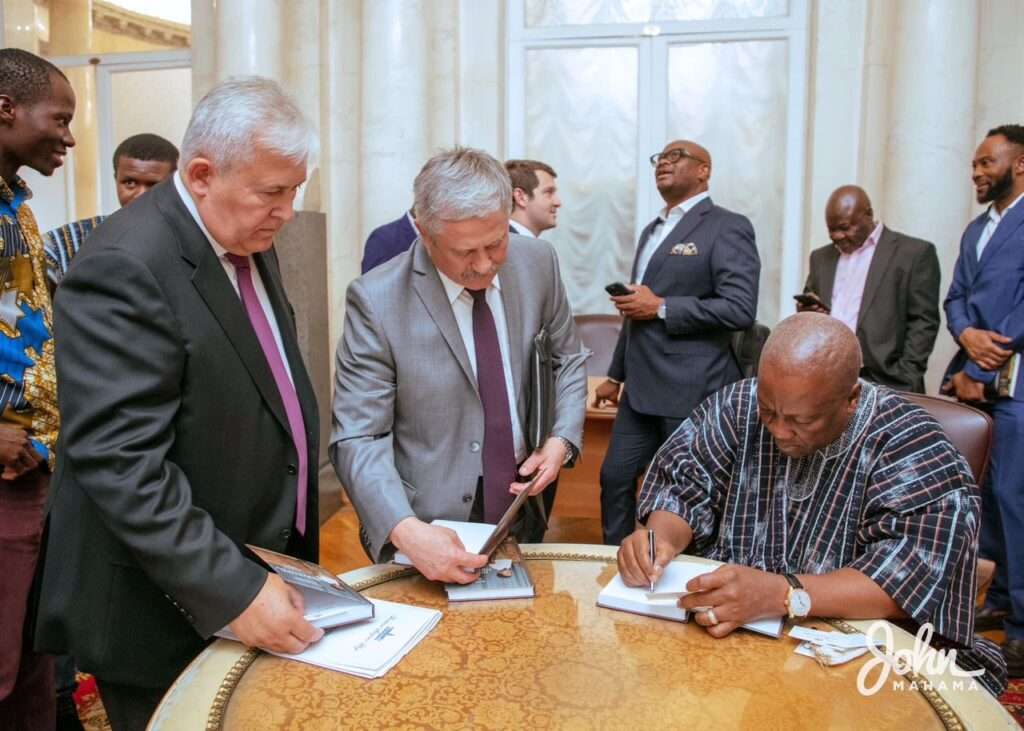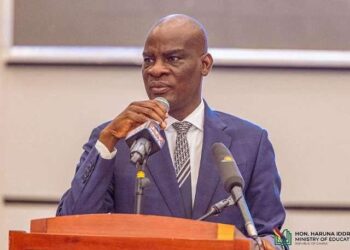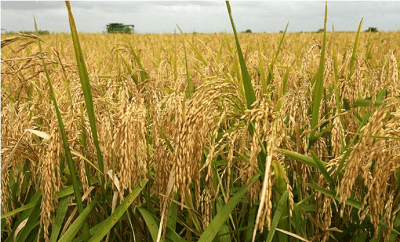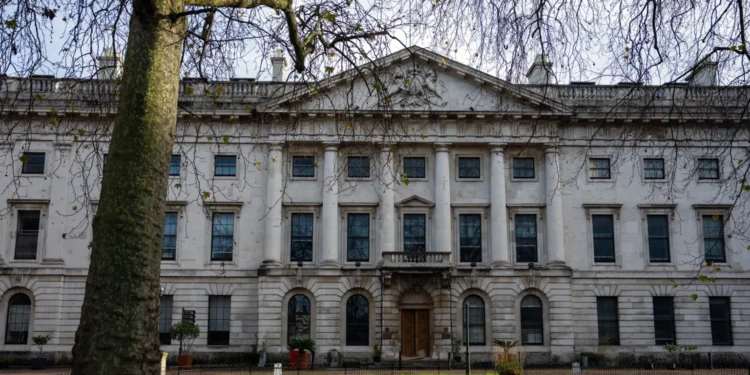In a landmark event at the Russian Academy of Sciences, former Ghanaian President John Dramani Mahama unveiled the Russian language translation of his memoir, ‘My First Coup D’etat and Other Stories from the Lost Decades of Africa’.
Addressing an attentive audience, former President John Dramani Mahama shared insights into the memoir, describing it as a chronicle of his experiences growing up in Africa amidst significant political and economic instability.
“This book encompasses tales of my youth in Ghana and the shifting sands of Africa’s socio-political landscape from the 1970s through the 1990s. It is an honor to see it now accessible in Russian, adding to the Portuguese version and, of course, the original English published in 2012”.
Former President John Dramani Mahama
Memories in Institute of Social Sciences in Moscow
Highlighting a chapter that he believed would particularly resonate with the Russian audience, former President John Dramani Mahama reminisced about his time as a student at the Institute of Social Sciences in Moscow.
This period, he noted coincided with the era of Mikhail Gorbachev and the transformative policy of Perestroika, or the restructuring of Russian society and economy.

The National Democratic Congress flagbearer fondly recalled his philosophy lecturer, Mr. Gudoshnik, who initially expressed uncertainty about teaching the orthodox philosophy of socialism as prescribed by the textbook.
He recounted that Mr Gudoshnik adopted a more interactive and engaging teaching style, encouraging students to share their thoughts and knowledge.
“We’re going to learn from each other. I’ll tell you what’s in the textbook, and you tell me what you know and what you think about it,” former President John Dramani Mahama quoted his former lecturer.
Furthermore, former President John Dramani Mahama in his address expressed profound gratitude to the Russian Academy of Sciences, Comrade Dmitriy Savelyev of the Russian State Duma, the Russia-Ghana Parliamentary Friendship Association, and his longtime friends and comrades.
He thanked them for facilitating the translation and organization of the launch event and also acknowledged the efforts of his friend and editor, Nana Ama Danquah, whose encouragement was instrumental in bringing his stories to the public.
Former President John Dramani Mahama, in his rallying call, urged the audience to delve into his memoir, promising that it offers a compelling and accessible narrative of the African experience.
He expressed hope that the book would find a place in Russian academic circles, particularly for those eager to gain a deeper understanding of Africa’s history and its journey through the decades.

In his closing remarks, Mr Mahama emphasized the importance of such literary works in bridging cultural and historical gaps between nations, encouraging the Russian audience to explore the memoir to satisfy their curiosity about Africa’s rich and complex story.
The memoir, initially published in July 2012, offers a personal and historical account of Mr Mahama’s upbringing and the tumultuous political and economic landscape of Ghana and Africa during the 1970s through the 1990s.
Mr Mahama’s narrative is deeply personal, interweaving his childhood memories, family dynamics, and educational journey with the broader historical context.
Growing up in a politically active family—his father was a minister under Dr Kwame Nkrumah’s government—Mahama had a front-row seat to the dramatic shifts in Ghanaian politics.
His memoir provides an intimate look at the human side of these political changes, revealing the personal toll of public events.
While the book is rooted in Ghana’s history, Mr Mahama also reflects on the wider African experience, drawing parallels and contrasts with events in other countries on the continent.
His stories capture the sense of hope and disillusionment that characterized the post-independence period, as newly liberated nations struggled with the challenges of nation-building, governance, and economic development.
The subtitle, “Other Stories from the Lost Decades of Africa,” speaks to the period of stagnation and missed opportunities that many African countries faced in the latter half of the 20th century.
Mr Mahama criticized the leadership failures, corruption, and external interventions that contributed to these ‘lost decades.’
READ ALSO: CalBank Strengthens Financial Position with Successful Rights Issue on GSE






















